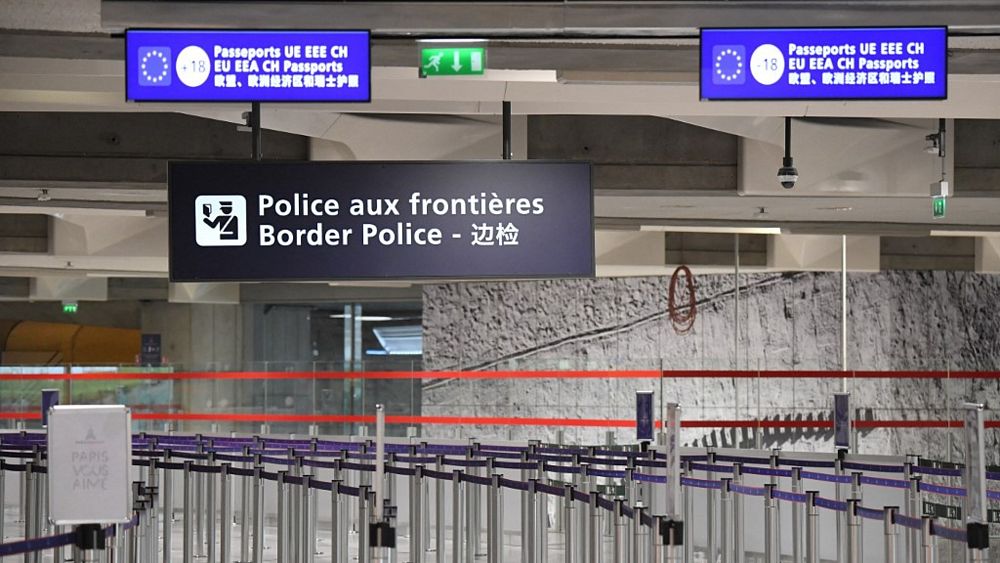The EU wants to make it easier for non-EU residents to move around the bloc in the future.
It is also aiming to cut the time you need to live in a member state before gaining long-term residence status from five to three years.
The European Parliament recently said that it was looking to make the changes but governments will need to agree before it can go ahead.
How do you get long-term resident status in the EU?
Non-EU nationals can technically get long-term resident status in the bloc if they have lived legally in an EU country for at least five years. They can’t have left for a consecutive period of more than six months or a total of 10 months over the entire time they have lived there.
They also need to prove that they have health insurance as well as “stable and regular economic resources”. Some countries also require those applying for permanent residence to show they have integrated into the country where they live by completing language skills or cultural knowledge tests.
But most states only issue a national permit rather than an EU-wide one - unless you specifically ask. This can also mean additional checks are required.
What do the changes mean for non-EU residents?
The European Commission proposed making these rules simpler last year. And this week, MEPs said they wanted to shorten the period non-EU nationals are required to live in the bloc to get residency from five years to three.
They also said that people should be able to combine periods of time lived in different states to make up the total and include time spent studying, doing seasonal work or in temporary protection (like Ukrainian refugees).
EU long-term residents would be able to move to another of the bloc’s member states too without any additional work restrictions or integration checks. Dependent children would also be granted the same status.
But, people who hold a residence permit in an EU country solely because of an investment scheme shouldn’t be eligible for the same treatment, MEPs said.
“Under the new rules, holders of EU long-term resident status will be able to move to a second member state for work or study purposes without additional requirements (such as labour market checks or integration requirements),” according to a statement from the European Parliament’s Civil Liberties Committee.
Will the changes be approved?
MEPs have made their position clear but now EU governments will need to agree and negotiate to finalise the changes to the law.
It is hoped that the new legislation will be completed by February 2024 - before the next European Parliament elections.
But governments could slow the process as the proposition has caused controversy with some political groups who believe immigration issues should be handled nationally.


